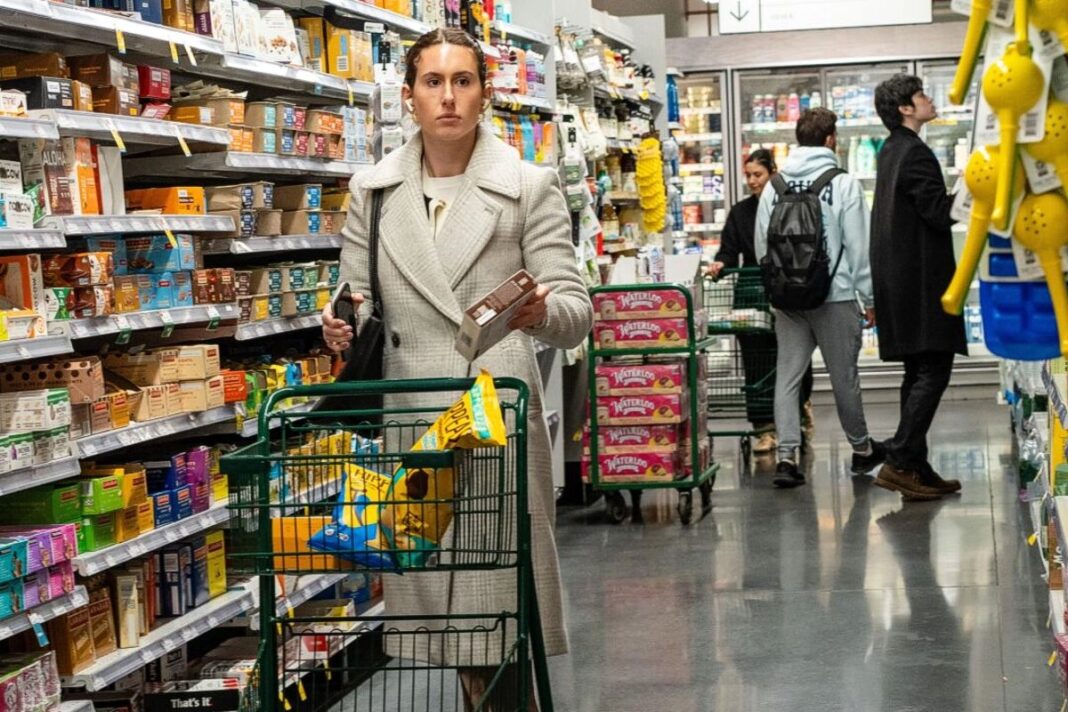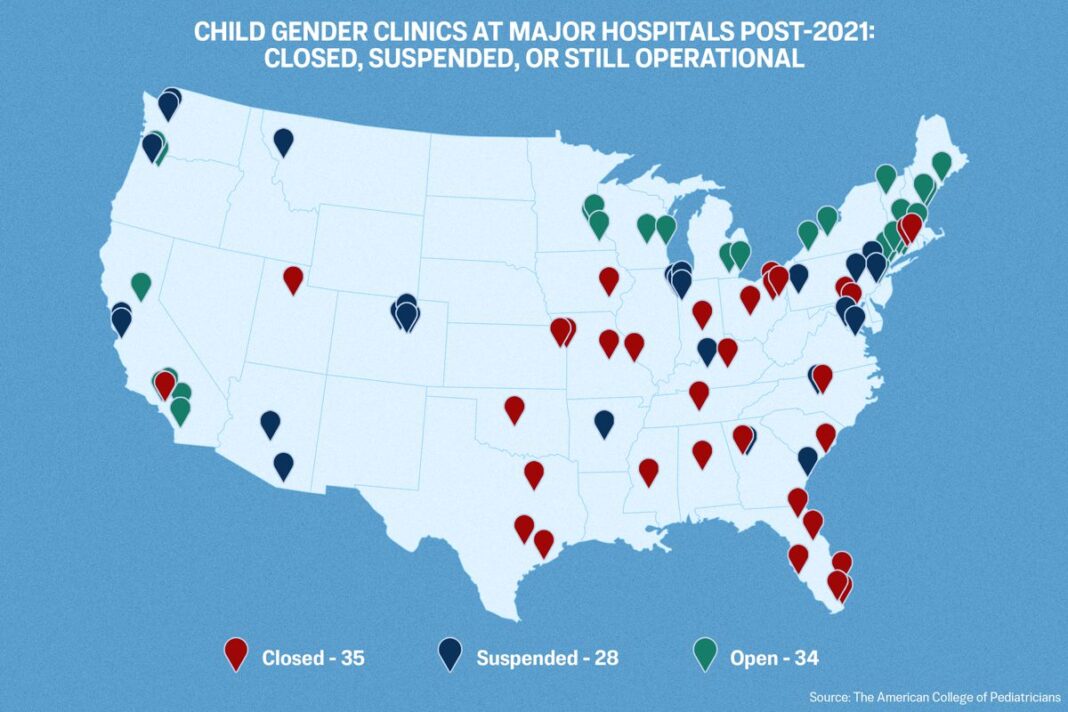Major retailers avoided tariff related price hikes by shifting supply chains and front-loading their ordering. Price increases are likely on the way.
American retailers are doing what they can to keep tariffs from affecting consumers, but they acknowledge that eventually something has got to give.
Since April, the United States has introduced a new, wide-ranging tariff schedule affecting imports from nearly every country in the world as well as certain raw materials used in manufacturing and packaging. In the following four months, publicly traded retailers in the United States have told their investors that they are taking measures to avoid raising prices in the short term.
Most often, retailers said they either frontloaded their ordering for the year to avoid raising prices or they shifted their supply chain to reduce their reliance on foreign suppliers based in China and elsewhere.
| Walmart | Amazon |
| Costco | Target |
| Home Depot | Lowe’s |
| Kroger | Best Buy |
Walmart
In its latest earnings call, held on Aug. 21, Walmart CEO Doug McMillon said the Bentonville, Arkansas-based low-cost retailer hasn’t seen a significant decline in consumer confidence, nor has it raised prices notably due to tariff pressure.
However, McMillon said Walmart dodged price increases so far by front-loading its ordering schedule. As time goes on, the price it pays will continue to rise.
“As we replenish inventory at post-tariff price levels, we’ve continued to see our cost increase each week,” McMillon said.
Amazon
On July 31, Amazon CEO Andy Jassy said on the company’s quarterly earnings call that the Seattle technology giant, like Walmart, hadn’t seen prices go up or demand go down during the first half of 2025. Nevertheless, he said that it remains to be seen how the ever-evolving tariff situation will impact Amazon’s retail business.
“We just don’t know what’s going to happen moving forward,” Jassy said. “It’s hard to know where the tariffs are going to settle, particularly in China.”
Jassy said that as the Amazon ecosystem is composed of millions of individual sellers using the service, it’s hard to summarize the total impact of tariffs. Each seller, he said, has different economic factors in play.
Costco
Membership-based mixed merchandise retailer Costco decided to rework its supply chain to avoid tariff-related price increases.
In May, Costco executives said during the Issaquah, Washington-based company’s quarterly earnings call that it was re-routing goods to avoid countries with large potential tariff exposure and that it had front-loaded its ordering to minimize the impact of tariffs on consumers.
“We remain committed to providing quality items at the lowest possible prices, and raising prices is always seen as a last resort,” Costco CEO Ron Vachris said during the company’s latest earnings call.








